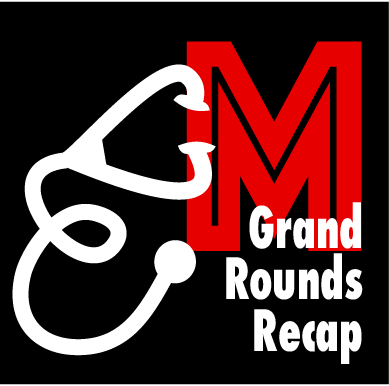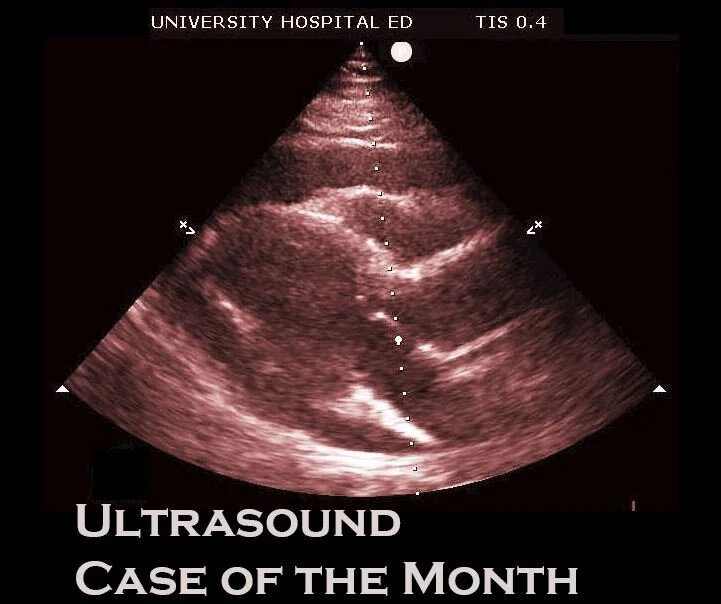Grand Rounds Recap 04.28.21
/We had a fantastic Grand Rounds this week!! Dr. Li kicked us off with our monthly Morbidity and Mortality conference, covering cases ranging from methamphetamine intoxication to the evidence behind the medical pan scan. Dr. Harty then led us through several cases where ultrasound made critical diagnoses that completely altered patients’ clinical courses #SonoWavesFTW. Dr. Modi passionately educated us on the importance of an individual’s name, in both identity and cultural significance, and how crucial it is to respect and pronounce names correctly. Lastly. Drs. Berger, Irankunda, and Urbanowicz expertly discussed pediatric orthopedic injuries.
Read More













